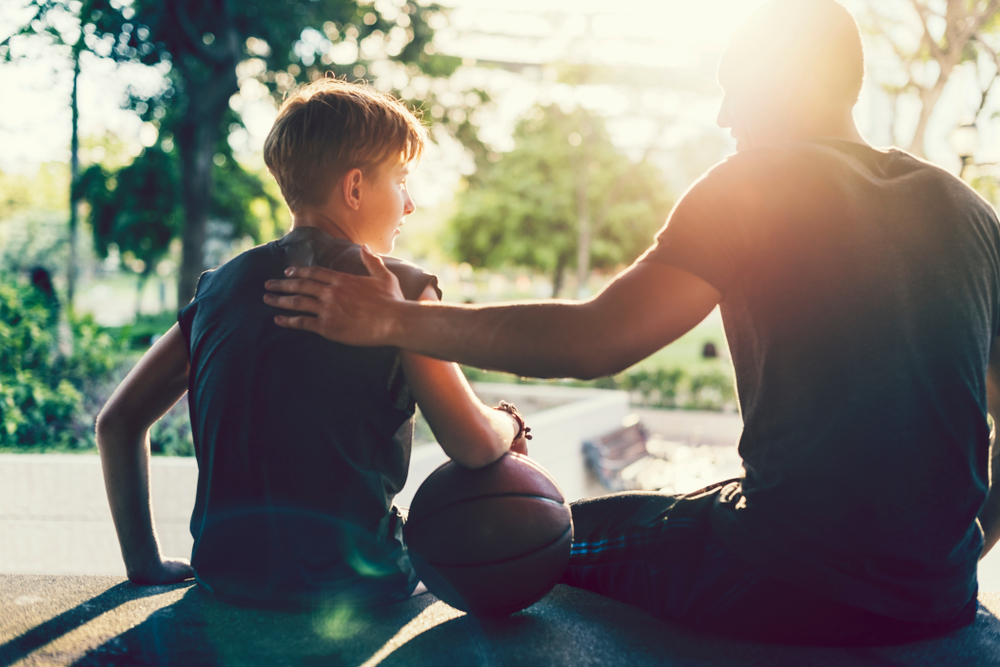In the modern age of education, it has become much more difficult for teens to acquire adequate social skills that are key for personal development. Remote classes and social isolation have made communication much more difficult, depriving teens of necessary social interaction.
However, it is still necessary for parents to find a way to let their teens interact socially. Social skills have been linked to job success, independence, and emotional well-being. The development of these skills is necessary for teens that wish to have solid, well-rounded mental health.
But in a time where in-person interaction is frowned upon for reasons of safety, how can parents hope to develop these skills in their teens? We have gathered a list of five key tips doctors recommend for helping with social development in teens.
Engage Your Teen’s Interests
Finding out what your teen is interested in is a key factor for discovering a community your teen can engage with. Whether it is sports, theatre, religion, or service, finding an activity or cause that your teen believes in is key for fostering social interaction.
Sit down and have a conversation with your teen about the various interests he or she might have. Then, offer to take action and help involve them in community events or clubs that relate to that interest. This can introduce your teen to a new community of people with like-minded interests.
Starting out by introducing your teen to peers with similar curiosities can be extremely beneficial to building social skills.
Learn to Ask More Questions
The easiest way to get to know someone is simply by asking questions. Sitting down with your teen and having a conversation about their life, peers, and interests can help significantly with building basic social skills.
Paying attention to how your teen acts during conversation and listening to what they have to say can help them desire further conversation with others. Sometimes when a teen gets nervous and their conversation lags, they may become more introverted and struggle in future social situations.
Encourage your teen to take the things he or she has learned from your conversations and apply it to conversations with peers. Being respectful, asking questions, and genuinely seeming interested are all things that can help your teen thrive in future social situations.
Practice Role Playing
Role playing is often a good way for teens to actively practice their social skills. Putting your teen in a unique social situation that is tailored to their life can drastically help their social development. Pretending to be a friend or a rival of a teen can help them overcome social problems, building a foundation for future conflict management.
Teach Empathy
Empathy is one of the most important tools for teens when dealing with social dilemmas. Teaching your teen that everyone views the world differently is key to them understanding how to overcome some of the social conflicts they may be facing.
If your teen has a better understanding of how others feel, they are much more likely to feel connected to others and form social bonds. Doctors suggest presenting your teen with different scenarios and gauging their response to how someone else might feel in that situation.
Engage Your Teen with Modern Social Tools
With digital technology continuing to develop and emerge every day, it is important to have your teen engage with technologies for modern socialization. Since 93 percent of communication is nonverbal in nature, it is important for your teen to use visual communication tools.
Getting your teen involved in Zoom calls, FaceTime, or Snapchat can significantly help his or her nonverbal communication skills. Also, learning to use these technologies can provide the added bonus of building future skills for the teen.
Sometimes, these tips may not be enough. Every teen is different, some may require specialized attention to help foster their social skills. There are many therapeutic boarding schools available for troubled teens that may have difficulty interaction with others.
These schools for troubled teen boys can provide personalized help for a teen dealing with depression, social isolationism issues, or classroom difficulties. In these troubling times, it is important to get your teen the help he requires.











0 Comments